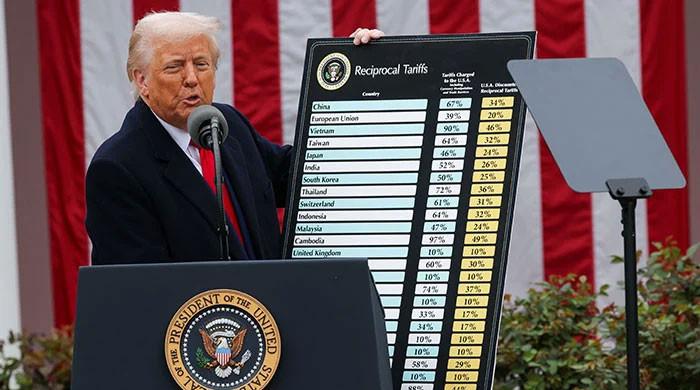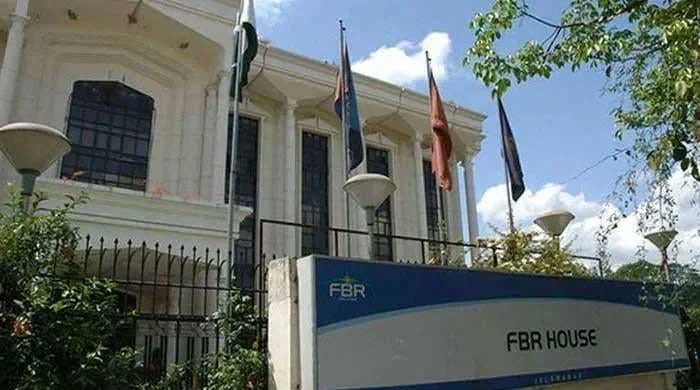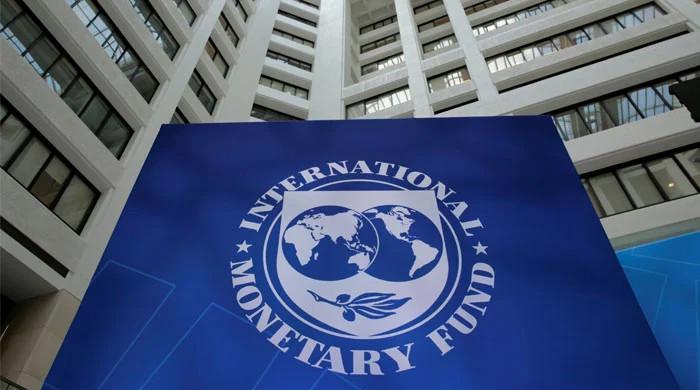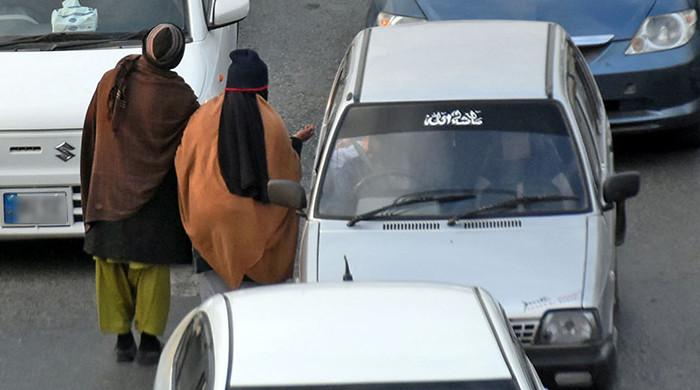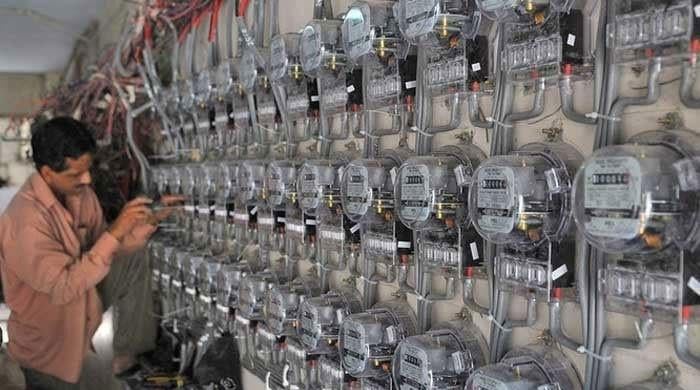New day, new low: Rupee dives to all-time low of 205.16
Rupee sheds Rs1.3, or 0.63%, against the US dollar in interbank market due to IMF tranche limbo
June 14, 2022
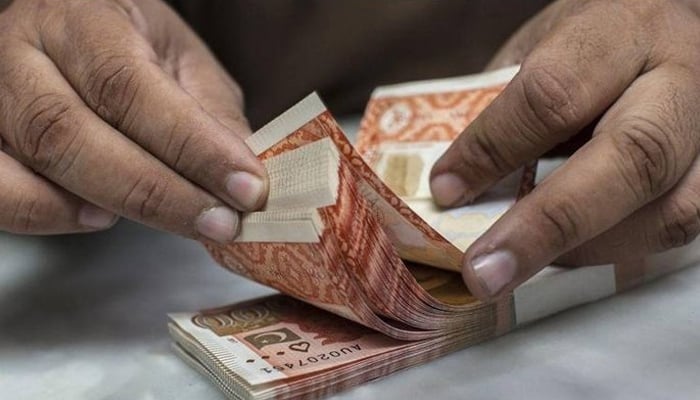
- Rupee closes at Rs205.16 in interbank market.
- Decline comes on back of delay in revival of IMF programme.
- Analyst predicts rupee will stay volatile during June.
KARACHI: Volatility emerged on Tuesday once again in the foreign exchange market as the Pakistani rupee depreciated over Re1 against the US dollar to Rs205.16 in the interbank market.
According to the State Bank of Pakistan (SBP), the local currency shed Rs1.3, or 0.63%, against the greenback today surpassing the last day's historic low of 203.86.
The local currency dipped to an all-time low against the greenback owing to a delay in the revival of the International Monetary Fund's (IMF) $6 billion loan programme.
However, $2.4 billion in financial assistance from China coupled with the constant assurances by Finance Minister Miftah Ismail regarding economic stability slightly arrested the rupee’s slide.
Read more: Petrol, diesel prices likely to shoot up again in Pakistan
Today’s rupee decline was in line with the expectations of the market, with dealers anticipating the domestic currency to fall further in case Pakistan fails to convince the IMF about its budget proposals.
A day earlier, the Fund had said that additional measures will be needed to bring Pakistan's budget for the next fiscal year 2022-23 in line with the key objectives of its IMF programme.
Pakistan had unveiled an Rs9.5 trillion Pakistani ($47 billion) budget for 2022-23 on Friday aimed at tight fiscal consolidation in a bid to convince the IMF to restart much-needed bailout payments.
"Our preliminary estimate is that additional measures will be needed to strengthen the budget and bring it in line with key programme objectives," the lender's resident representative in Islamabad Esther Perez Ruiz told Reuters.
Read more: Pakistan steps up diplomatic efforts to get off FATF grey list
Speaking to Geo.tv, Arif Habib Limited Head of Research Tahir Abbas recalled that the finance minister, in the post-budget press conference on Saturday, said that the IMF had expressed concerns about the budget numbers, including fuel subsidies, a widening current account deficit, and the need to raise more direct taxes.
The analyst said: “Uncertainty in the market has begun since then.” He further identified quarter-end import payment pressure as another key factor behind this decline.
Abbas predicted that the local currency will stay volatile during the last month of the outgoing fiscal year 2021-22 — June.





